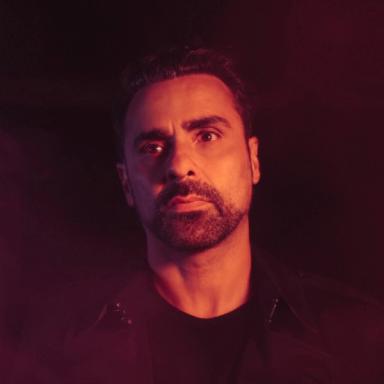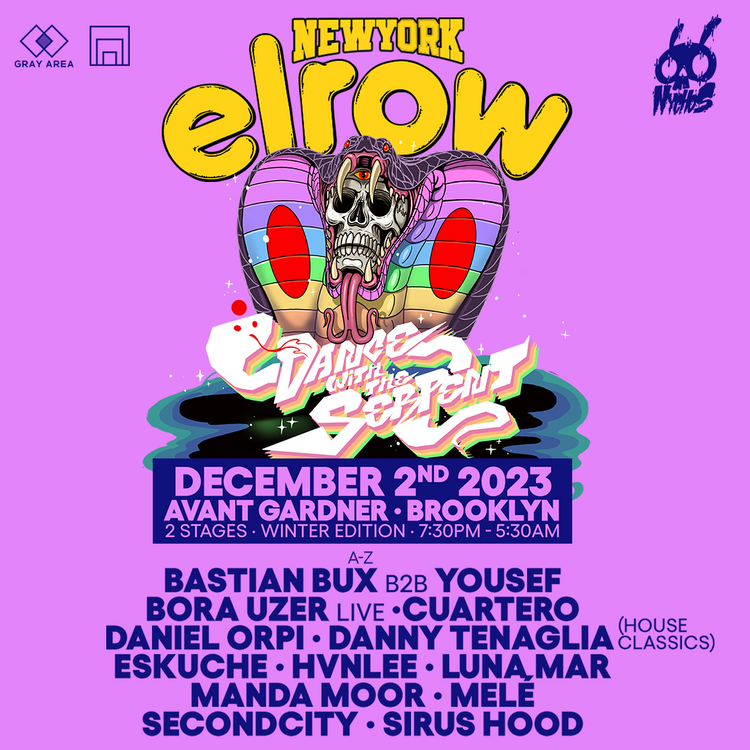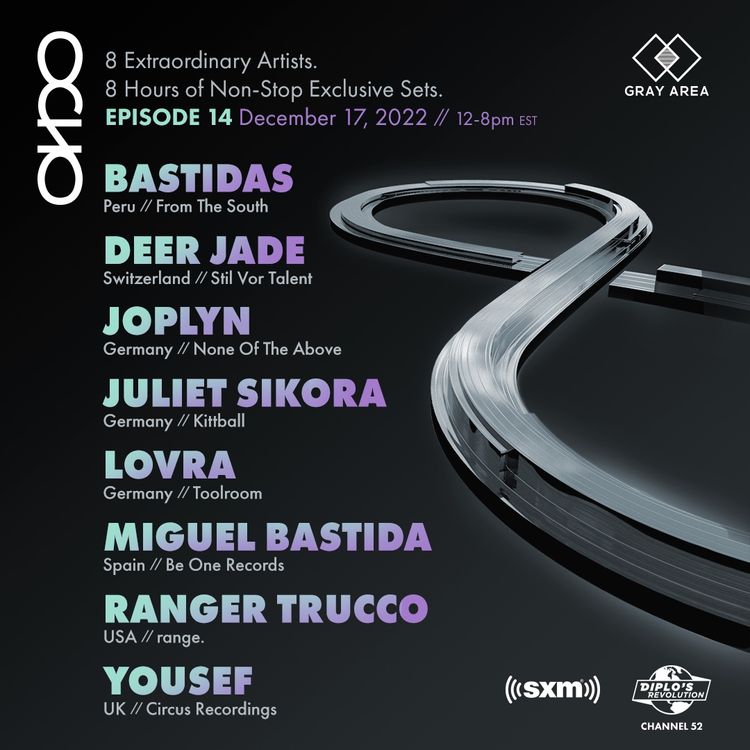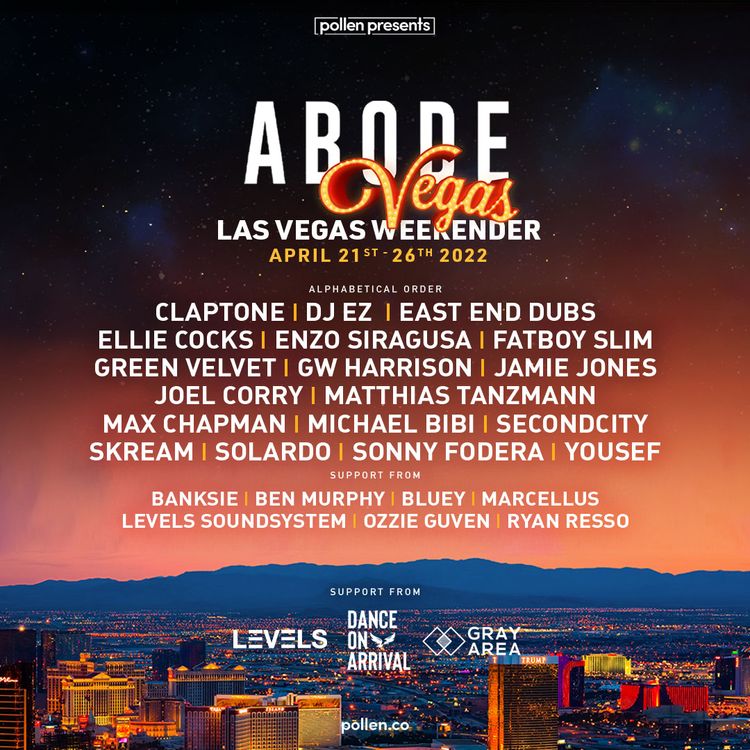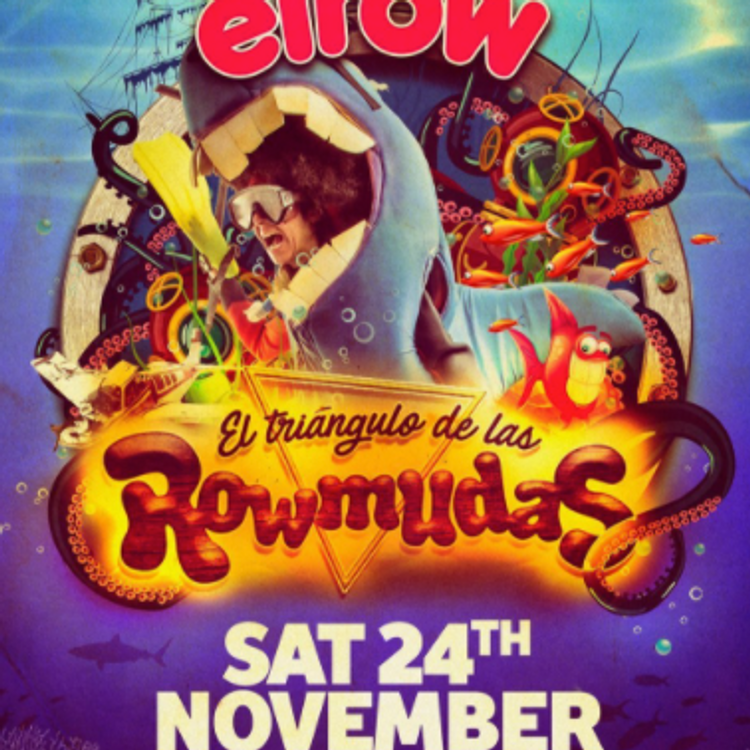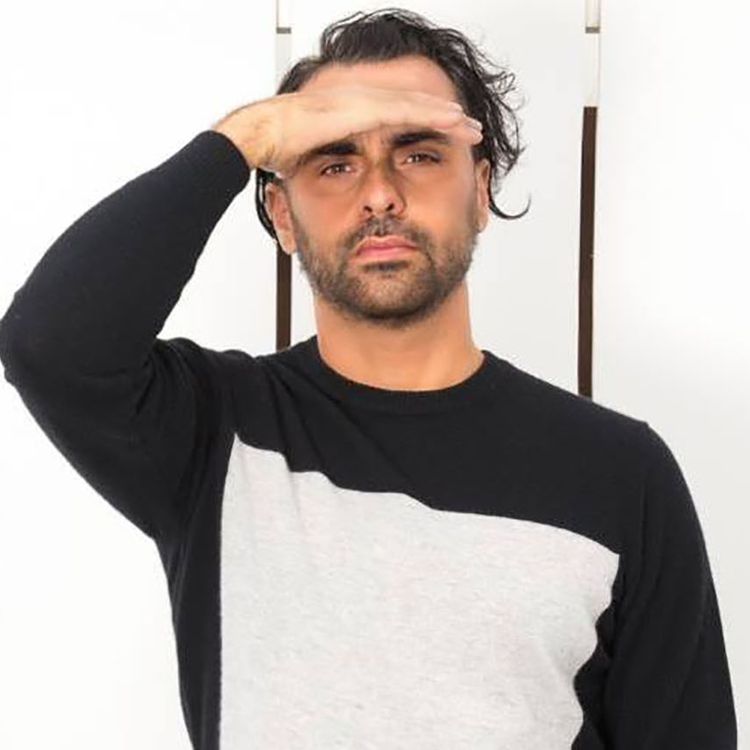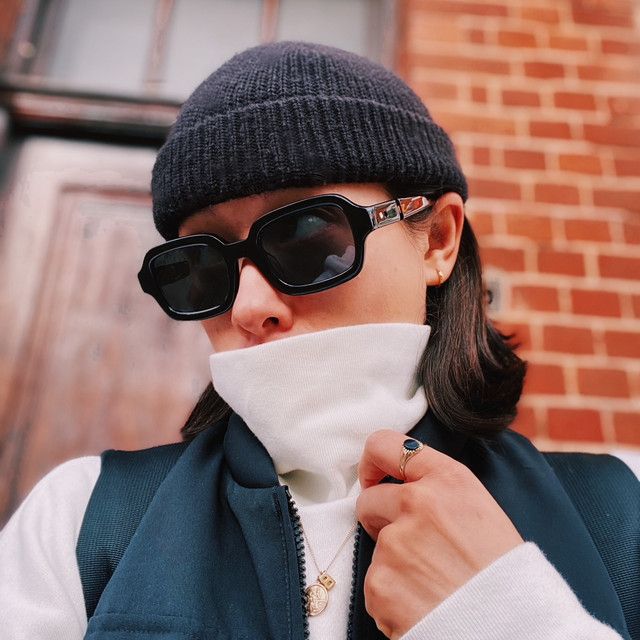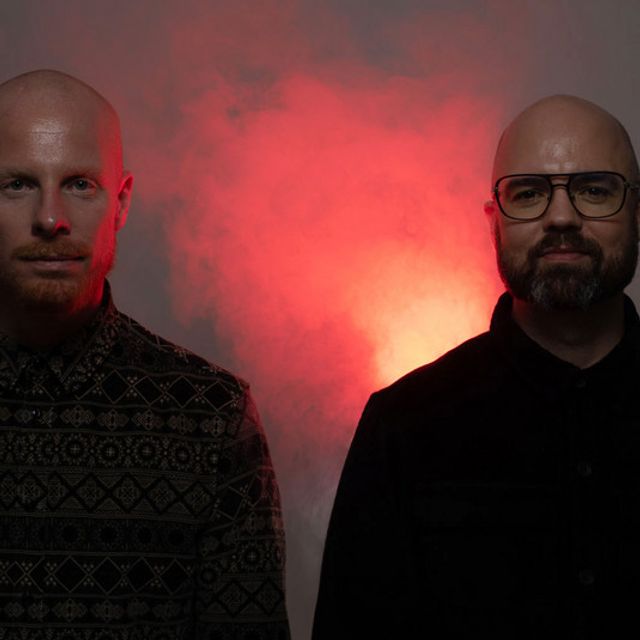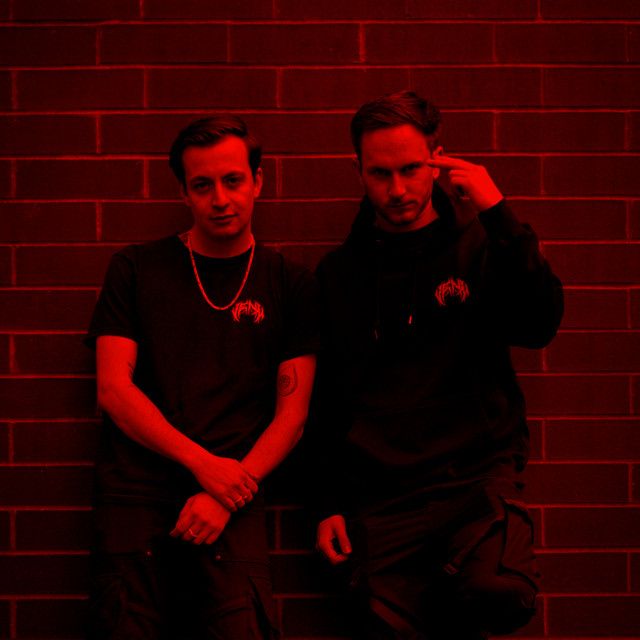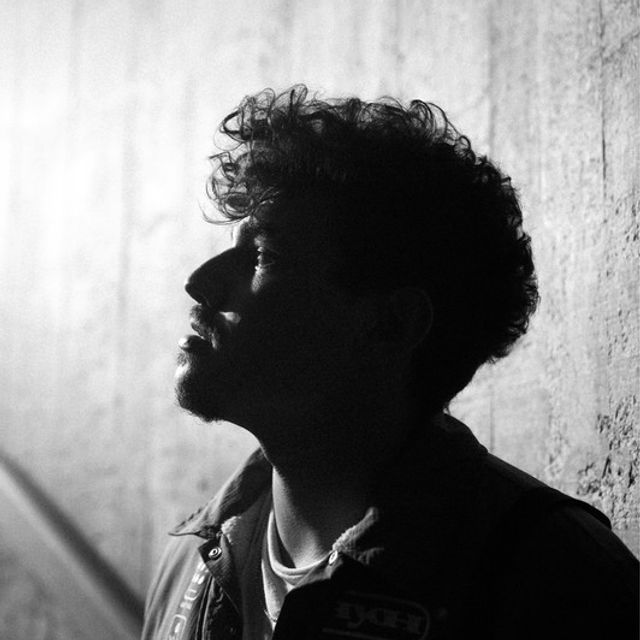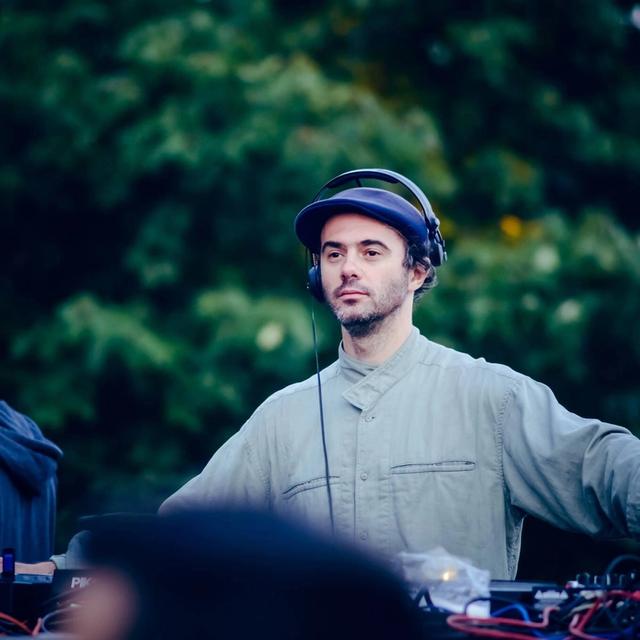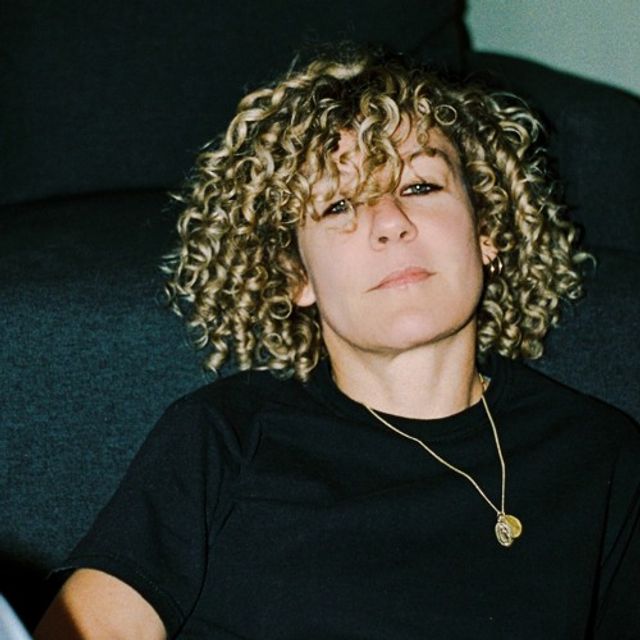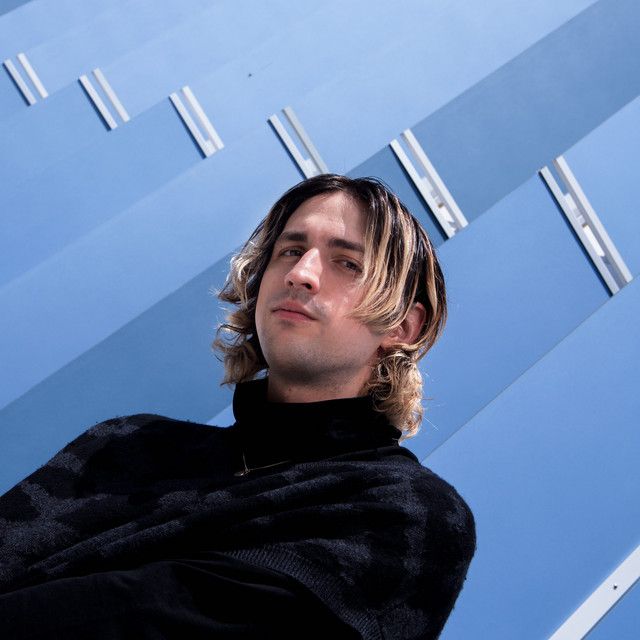Artist Spotlight
Yousef believes that you can will something into existence. This unique ability is central to his long career as a DJ, producer, event organizer, record label owner, and dance music activist. It played a pivotal role in pulling off The First Dance, the first legal, unmasked, and non-socially distanced dance music event held in the UK in over a year. He witnessed house and techno evolve from the illegal warehouse parties that birthed the UK rave scene. And 30 years later amidst the uncertainty of a waning pandemic, he organized the most covered event in dance music history. The First Dance received an unprecedented seven billion engagements across the internet. Yet he says he'll only allow himself to linger for a moment on its significance. “In my mind, I'm already looking at what's next. I'm already in direct contact with the powers that be in the government to make sure that electronic music is now going to be considered a legitimate art form in the UK, because at the moment, in essence, it's not.” He insists it’s a travesty that, “They don't understand the 30-year history and the footprints and the cultural and economic exposure of what has happened from the UK [to] the world.” Especially to someone who has been around since the beginning of the movement. Young Yousef was big into early hip-hop and electro. He was captivated by the culture similar to how he’s absorbed dance music into his DNA. Even before he was 10 years old, the DJ wheels were turning. "These albums called Street Sounds Electro. They were the first albums that were sequenced. And I was fascinated why the music didn't stop." He was a seven-year-old breakdancer who discovered he loved to cut beats when his parents bought him a ghetto blaster. He was enchanted by the idea of playing two cassettes at once, almost in sync. Barely big enough to carry the huge boombox, he would drag it to breakdancing completions in his neighborhood. Not long after that, acid house began to envelop the Northwest of England. “My older brother, who was maybe 15 at the time was going to illegal raves in these huge warehouses. And he’d bring in these little mixtapes and over a quite a short period of time I started stealing his tapes and listening. And these mythical 12-inch records would suddenly start appearing and was like, Okay, now I'm interested in that.” Like hip hop, dance music was counter-culture. And Yousef has always been interested in anything that's not mainstream. "Not to stroke my chin. I'm just curious about what else people are doing. I don't measure a record's quality in terms of its commercial success. I measure the record's quality if it makes me feel good." He was enamored with a DJs ability to seamlessly weave records together into a story. His brother provided a pathway into a new counterculture that enveloped him fully. “Then he introduced me to this DJ. And this guy was mixing on three decks instead of two. And I couldn't figure out two decks. I’d never looked at a set of decks at this point. This guy called Carl Cox. He was the first DJ that kind of blew my mind. And eventually went on to DJ at my wedding.” When he was around 15 fell into some glass on the street that resulted in a scar on his nose. Enough time passed that he forgot about it. And then, a friend asked him if he wanted to buy a pair of Technic 1200s from his father. Seeing them sealed the deal. “It was honestly like seeing Angel Gabriel. But at the time, it was 600 pounds, I remember. And it may well have been 6 million because I never even had six pounds at the time and never anything. We didn't have any money at all.” He went to sleep hopeful, but with no clue idea how to get them. “And I woke up the next morning, and the first letter I ever received in my life was from the local authorities. It's an apology for the scar on my nose because I tripped over something and ripped my face to shreds on the glass. And it was 650 pounds. And I went off and bought those decks. It was literally the next morning.” He always envisions what he hopes to achieve long before he understands how to make it real. He famously got his big break after winning Muzik Magazine’s Bedroom Bedlam DJ competition in 1998. It led to him scoring residencies with Ministry Of Sound and Liverpool’s super club Cream. Yet even before he played at his legendary hometown spot, he lost sleep over the logistics of DJing there. “Cream got renovated by Steve Dash, a famous sound engineer from New York. He is the greatest of the greats. He introduced the concept to the UK of floater turntables. Which was the 1210s on big, thick elastic bands. And bear in mind, I was just a raver at this point. So, I go every week. I used to go home, some nights, I couldn't sleep worrying about how I'm going to use those decks.” Yousef had spent countless nights as a punter at the famous night club and when he was finally asked to play there was like, “someone from New York that's been hitting the baseball, and eventually got signed for the Yankees.” It was there that he honed his world-renown talent for long sets. “Even though I thought I was quite an accomplished DJ and [could] do all these tricks. I listened to Carl Cox and Roger Sanchez and Derrick Carter and all these guys that owned the music properly. And what I learned when I started playing six-hour sets is that's when you become a proper DJ, you have to start again. Learn how to embrace the room warm-up, take it to peak, keep people entertained, and really explore music. I learned in The Annex at Cream. It's put me on to the rest of my career with confidence.” During his six-year residency at Cream, he grew less connected to the sound of the club. He struggled with the thought of leaving a place he called home for so much of his life. But in 2006 Cream opted to give him a night to capture the spirit of what brought him to Cream as a wee raver. The name Circus was born from a Miami afterparty he says, “I was in a crazy afterparty in a penthouse on Collins Avenue, Miami. And all the UK and Americans were there and it was going nuts. And it was just like a circus.” While Yousef was on his first vacation in a decade he received the news that Cream was shuttered. He says, “I was obviously heartbroken. Because I felt like I’d been dumped by my girlfriend. Because the place was so personal to me.” But it also meant his event was no more. Luckily a fellow Cream alum Richard McGinnis – the owner of Parklife Festival and Warehouse Project - insisted they turn Circus into a club. On opening night, they expected 100 people and 500 showed up. And Yousef says it was beautiful, “Everyone had a great time. It had everything about the annex room. Great music, new house and techno and an inclusive atmosphere. That's everything that I really insist upon is that people are made to feel welcome.” The spirit of what’s made Circus a success started at Cream and continued that opening night. “You know I've always said, and it might sound like a bit of a corny cliche, but the people who pay to get in are the only important people in the club. So I've always tried to make sure that people feel included and have a good time together. The music's kind of serious. The attitude, it's silly. So that's the way it's worked.” Community has been so central to Yousef’s life. So he does all he can to give back as much as he receives. “I think that's my default setting,” he says. "My attitude is it's really important that you contribute to the scene. Because if you are concentrated on taking out from the scene, It's not gonna serve you." His activist spirit is what led him to organize what may go down as the largest community organizing effort in dance music history. The First Dance arose from Yousef’s crusade to help people in dance music get back to work. It led him to conversations with Liverpool’s political establishment, the UK government, and even Prince William. And because Liverpool had done such a great job with mass testing for COVID, the city was granted a license to run one of several test events in the UK to understand the efficacy of lifting COVID restrictions. With only three and a half weeks' notice, Yousef and his team turned an empty warehouse into an event site. It was a complicated effort that put on display the best parts of dance music culture. When the world shone a spotlight on rave culture its best parts were revealed: community, love, and great music. And after 30 years it’s a signal to the powers that be dance music should be taken seriously. Yousef says, “It should be nurtured and cherished, and understood. We're working on it to make sure that within a short period of months, the government will finally have to take our what we do, seriously and permanently.” The worldwide media attention that dance music received from The First Dance would’ve been unheard of 30 years ago. Yousef sees the positive reactions as a springboard to make the government understand that the music community are clearly professionals that should be protected. And he says, “If we pull that off, I'll give myself some props.”
